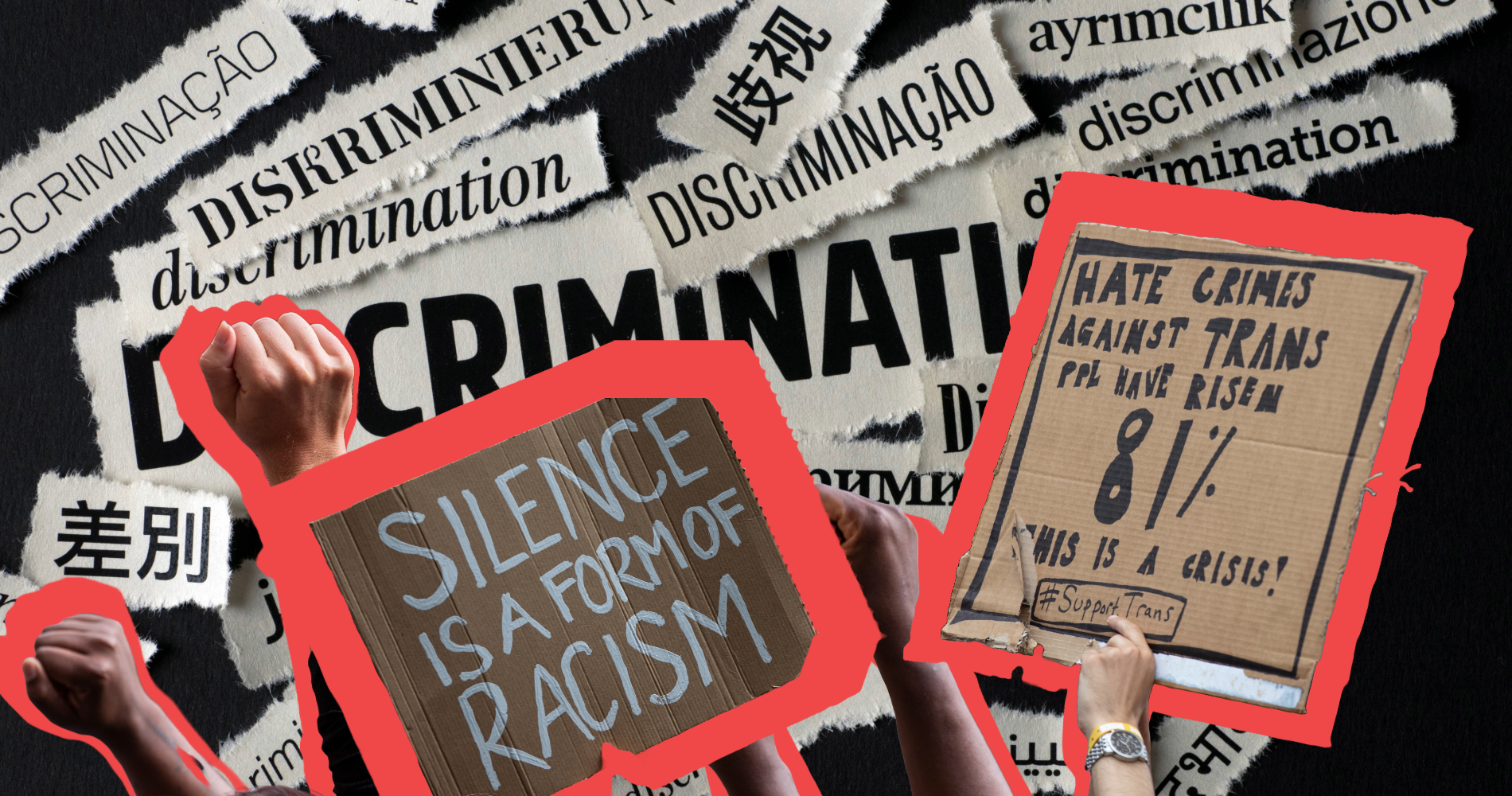Speaking in a 2013 year-end interview with CTV News, Premier Brad Wall had this to say about his government’s approach to the economy and the private sector:
“We’ve said, as a government, that we’re not going to try to pick winners and losers. In the past, governments of all stripes have used taxpayers’ dollars to provide grants to companies, and we’ve found that that just didn’t work. When we took office, we said we would stop that and focus on the basics.”
Since that time, Mr. Wall continued to champion this hands-off approach – particularly during the 2016 election – posting on his Facebook and Twitter feed that “The Saskatchewan Party has taken a different approach to our economy. Under the NDP, the government picked winners and losers by investing in or giving grants directly to businesses.”
Given the Premier’s position, it surprised many when the government announced a $3 million job training subsidy to the food delivery service Skip the Dishes yesterday. Wasn’t this the exact definition of “picking winners” – giving grants directly to some businesses, but not others?
While the Premier was adamant that this was not the same as picking winners and losers, he conceded that in the future, “when the government helps businesses with training it will offer more general support rather than help a single company.” In other words, next time he won’t pick winners.
The problem here isn’t with the idea of governments offering financial incentives to encourage certain types of economic activity. Every government in the world does it. Our province is awash in government tax breaks, deductions, expenditures, subsidies and other goodies to entice companies to drill oil wells, expand mines, re-locate corporate headquarters and develop and market products here in Saskatchewan. Many of these policies were designed and implemented by the Saskatchewan Party government. So Mr. Wall isn’t adverse to subsidies – just certain subsidies. The problem was that in this instance, the Skip the Dishes subsidy seemed like a peculiar act of government favouritism (“picking a winner”) as it is still not clear if the tech firm had to apply for these subsidies through some kind of competitive process and whether other businesses had an equal chance to secure them. (To date, it doesn’t seem to be the case). To make matters worse, the Premier – while defending the subsidy – announced that the government will not be able to afford the same types of training allowances to other companies in the future due to the constraints of the upcoming budget. (The Premier is aware that the deficit doesn’t just magically appear on budget day right? That if times are too tight to provide these subsidies in little over a month, they’re probably too tight to provide them now?)
It appears the Premier only applies his cherished free market principles to government interventions in the economy that he disagrees with. Many of us remember the Premier’s stance on the elimination of the provincial film tax credit when he stated, “If an industry cannot survive at all without a permanent taxpayer subsidy, should the taxpayers subsidize indefinitely?” That other sectors of the economy were equally reliant on a host of subsidies and incentives didn’t seem to warrant the same complaint by the Premier. Similarly, the Premier’s stated “hands-off” approach to the economy during the election now appears to be solely an attempt to score cheap political points against the opposition. Other governments pick winners and losers. Ours doesn’t. Except when we do and then not really.
Simon Enoch is Director of the Saskatchewan Office of the Canadian Centre for Policy Alternatives. Follow him on Twitter @Simon_Enoch.


